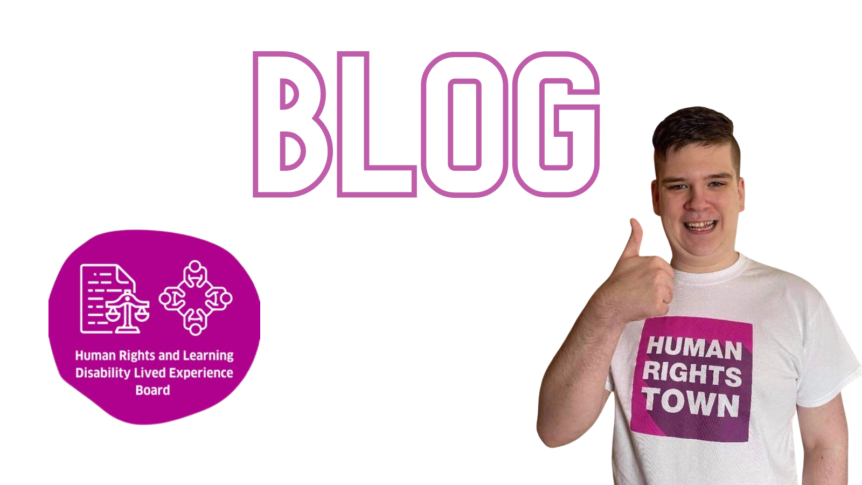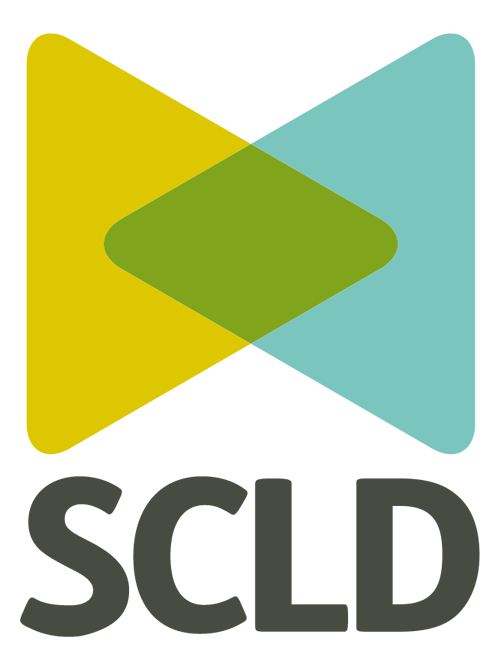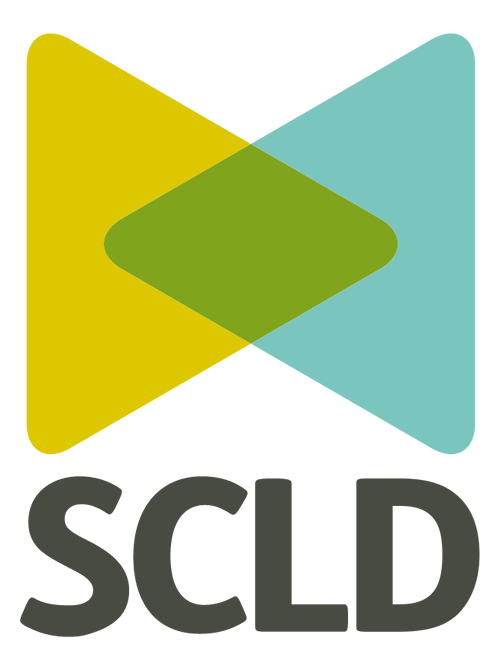
The One Where We Spoke to the Minister About Our Human Rights!
Aaron Hume, a member of SCLD’s Learning Disability and Human Rights Lived Experience Board writes about the Board’s recent meeting with Christina McKelvie MSP and the importance of being heard when it comes to human rights…
“Recently the SCLD Human Rights Lived Experience Board had the pleasure of having Minister for Equalities and Older People, Christina McKelvie MSP, come along to our meeting to hear about the common themes that came up in the first two blocks of meetings.
The Scottish Government asked us to set up a lived experience board because they want to make sure the new Human Rights (Scotland) Bill is accessible for all and to make sure the law works for people with learning disabilities. By sharing our own lived experiences, the Lived Experience Board can show the Scottish Government how the Bill will affect us.
With direct experience of fighting for our rights, we are the best people to advise the government on how to make decisions that affect us. It is important to be able to do that face-to-face.
SCLD and the Lived Experience Board stand with and for people with learning disabilities to ensure they are getting their human rights heard, because we know people with learning disabilities do not always have their rights upheld.
“With direct experience of fighting for our rights, we are the best people to advise the government on how to make decisions that affect us.”
Prior to the meeting, Minister McKelvie asked us two questions:
How can the new Human Rights Bill for Scotland help people with Learning Disabilities?
What needs to be in the new Human Rights Bill to make it work for people with learning disabilities?
In response, the group gave the Minister a presentation on some of the key points we have talked about in our meetings, and what the Bill needs to do to work for us. For example, to promote our independence, the Bill must promote both equality and individuality.
We also told her about the importance of remembering the ‘invisible minority’. For example, people with PMLD (profound and multiple learning disabilities) who can’t always communicate what they need and want. Being able to communicate is essential. Not being able to express yourself can lead to a breakdown of communication and even being detained in hospital. This is so wrong. For example, health professionals talk about ‘challenging behaviour’, but often this is a person’s misunderstood way of communicating and giving their views.
These kinds of issues impact so many of us and we were really happy to be able to speak out and to tell the Minister about them.
We enjoyed meeting Minister McKelvie. We were really pleased to hear that she is so passionate about human rights and the rights of people with learning disabilities. It was also great to hear that she has her own lived experience of working with people with disabilities. This makes her a valuable ally for our work in impacting the Bill.
It was a really positive meeting with the Minister and her team and I think she really understood what we were saying. We felt listened to and we had a voice to speak out about what is important to us.
People with learning disabilities must have a voice, without a voice we cannot make positive change.”
Aaron Hume, Human Rights Lived Experience Board


